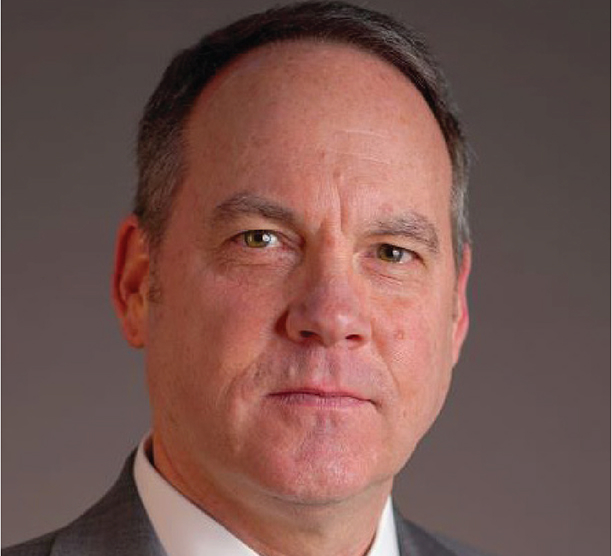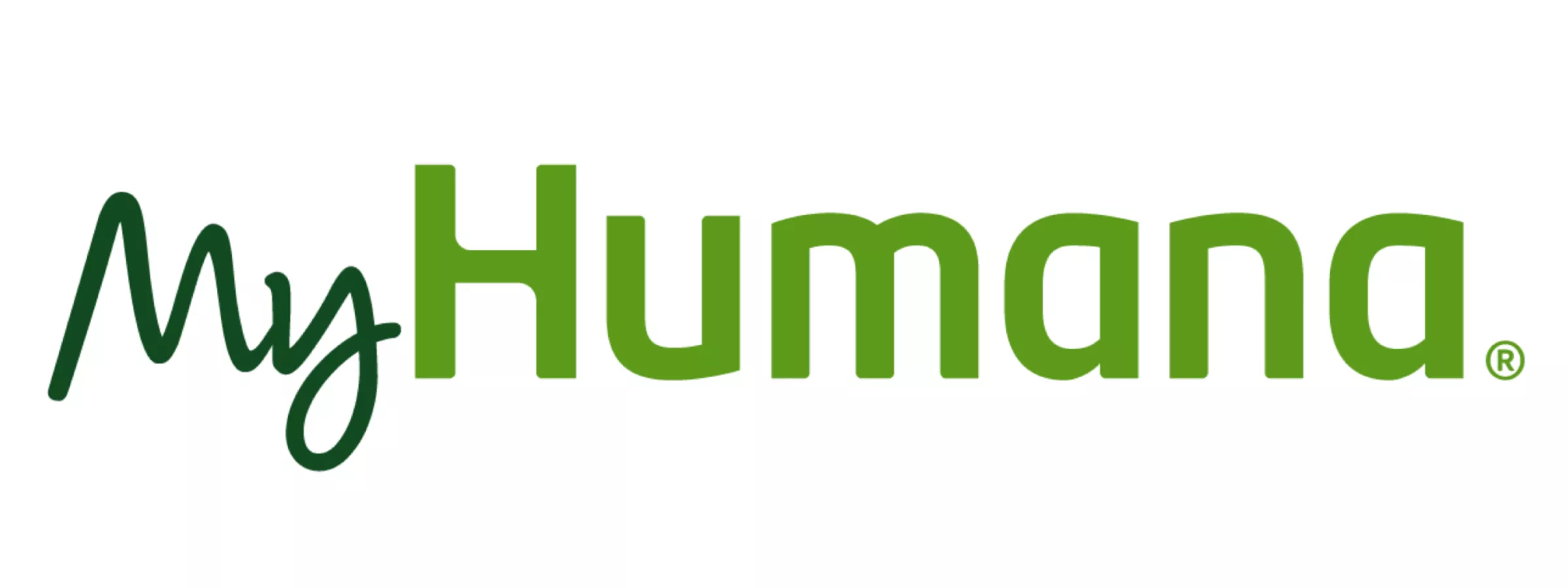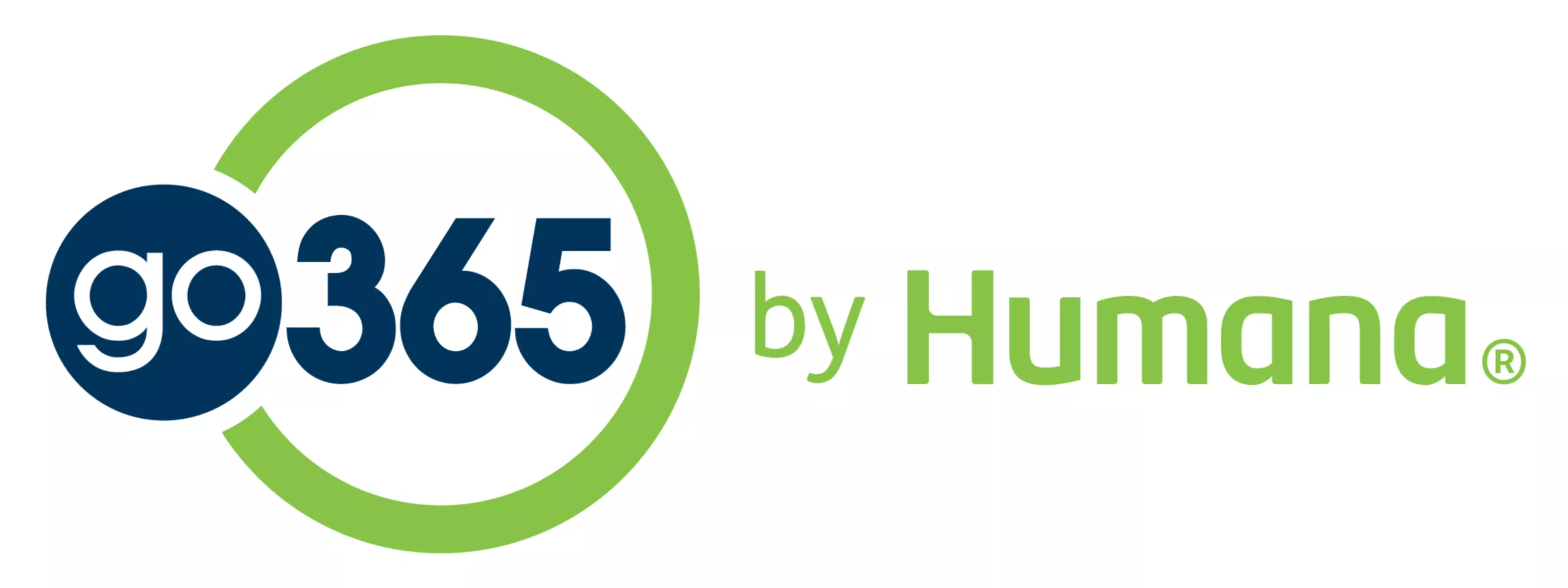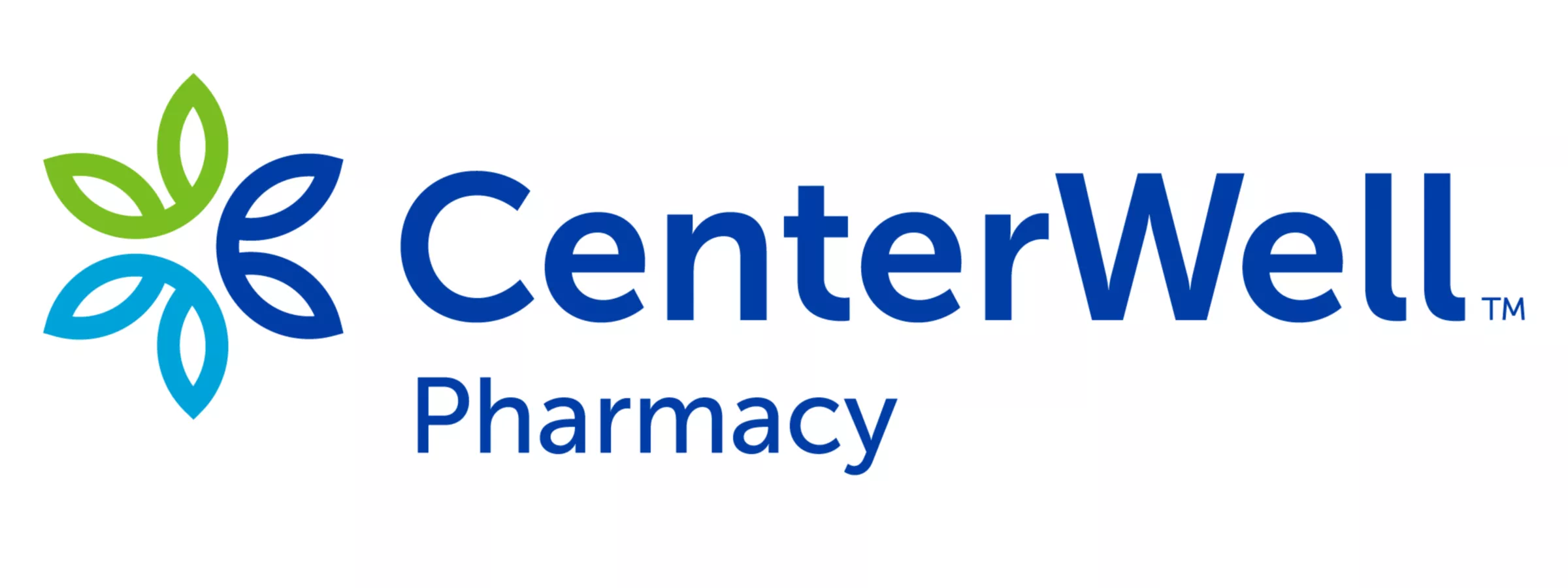
In 1877, the Granite Cutters Union established one of the first national sick-benefit programs. Since then, unions have evolved from small associations of workers to organizations with the collective bargaining power to negotiate comprehensive healthcare benefit plans.1
Today, more than 16 million workers in the U.S. are represented by a union,2 many of them with unique healthcare needs. Meeting these needs requires access to superior service, personalized care, and robust benefits. It’s a tall order that Nate Whiteman happily fulfills as a National Labor Relations Representative for Humana. With decades’ worth of experience working with unions, including the Union Sportsmen’s Alliance, Whiteman makes sure union members enrolled in a Humana Group Medicare Advantage plan receive the greatest value from their healthcare benefits plan—offerings they’ve worked for their entire lives to enjoy as retirees.
In this Q&A, Whiteman describes the impact unions have had on the healthcare benefits industry, what it means to provide union members with excellent care and service, and the role he plays in keeping union members happy and healthy.
HUMANA: What do you believe is the most important contribution unions have made to the Group Medicare Advantage landscape?
NATE WHITEMAN: Many corporations don’t offer group benefits unless they have a union agreement so unions are really the driving force to keeping group benefits alive and well. In fact, if you’re a member of a union, you’ll likely have some of the best benefits available.
H: What makes providing healthcare benefits to unions different than to corporations?
NW: A union is a family. It’s not just a job; it’s a way of life. The word ‘union’ means unity. It’s an all-encompassing way of life—a brotherhood or sisterhood. It’s about forming a family with your co-workers so it makes sense then that a union’s top priority is its members. It’s funny—I often work with union trustees whose job it is to decide whether a union is moving forward with a particular plan. But what I hear more often than not from them is, ‘Quit coming to me and telling me how much you can save me. Tell me how I can extend benefits to my members.’ It’s not always about price. Yes, price is important. But most unions are interested in making sure they provide their members with the best healthcare benefits possible.
H: In addition to high-qualityy benefits, what are union members looking to gain from a Group Medicare Advantage plan?
NW: Excellent service. At Humana, we’re proud to offer the best service available to union members. Why? Because we specialize in Medicare Advantage. Other carriers focus on what we call actives—members who are still working. But we work specifically with Medicare-eligible retirees.
Typically, if a union has 100 members, on average, 80% of them are active and 20% are retirees. We specialize in dealing with that 20%. We also specialize in taking care of older union folks who are retired and need more care and more medical attention. Our service model is about making sure we are always improving and that we’re at the top of our game.


H: How do you personally ensure union members receive excellent service?
NW: Disruption is a key concern for unions. Once a union decides to transition from a self-insured plan or switch carriers on a fully insured plan, our top priority is ensuring a seamless transition with minimal to no disruption while delivering impeccable service. We can deliver that level of service because I can connect union members to a Humana account management team right away for a speedy solution.
H: Can you tell me a little bit about your role as a National Labor Relations Representative for Humana?
NW: I’ve been fostering relationships with union officials for more than 20 years. At this point, I’m more of a union guy than an insurance guy. [laughs] As a National Labor Relations Representative, I work with everyone from international union leaders all the way down to apprentices. In addition to having worked for a union marketing company, I also helped launch the Union Sportsmen’s Alliance, a union-owned-and-operated conservation organization. My role with Humana is not as a salesperson. In fact, rather than knock on doors, I’m the guy who opens the door and says, ‘Hey, Humana has an excellent product and I have a trusted name and reputation with union officials and trustees. It’s worth your time to listen to me.’ That’s pretty much my role in a nutshell.
H: Overall, what do you believe retirees are looking for in a Group Medicare Advantage plan? What are their priorities?
NW: Union members work incredibly hard for a long time. When they retire, they want their healthcare benefits to be as good—or better—than when they were working for themselves and their family. That’s what unions fight for all the time. They want healthcare to be continuously great.
- Rosner, D, Markowitz, G. Milbank Quarterly. “The Struggle Over Employee Benefits: The Role of Labor in Influencing Modern Health Policy.” Published by the National Library of Medicine. March, 2003. https://pmc.ncbi.nlm.nih.gov/articles/PMC2690201/
- “Labor unions in the U.S.” Published by Statista Research Department. August 1, 2024. https://www.statista.com/topics/10789/labor-unions-in-the-us/


